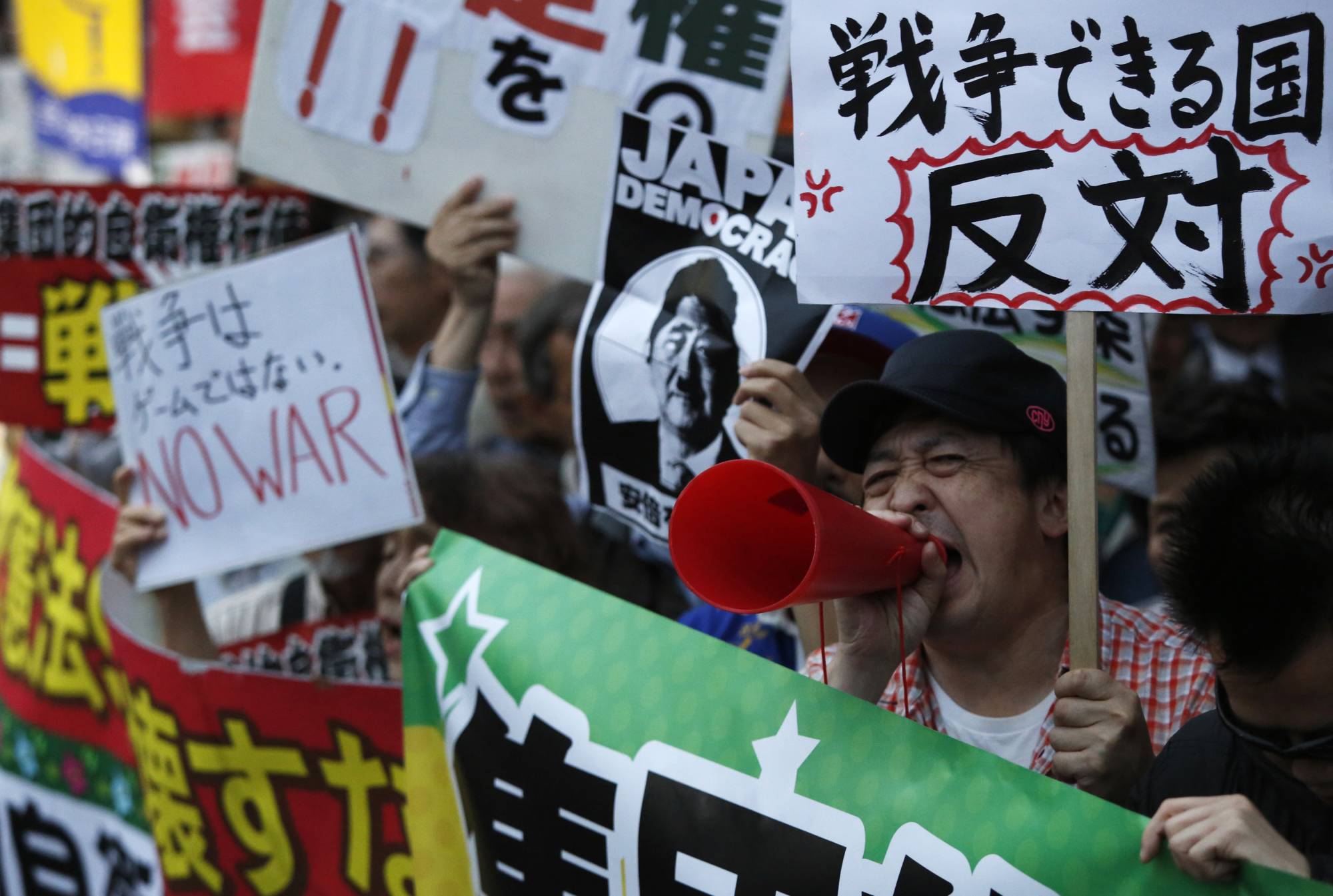In the past, merely considering procuring combat jets with aerial-refueling capabilities triggered constitutional debate in Japan. What purpose could it serve but to attack other countries, conduct supposedly forbidden by Article 9 of the Constitution, which renounces (among other things) “the use of force as a means of settling international disputes”?
Things have changed: The government is reportedly considering acquiring “first strike” preemptive attack capabilities. Arguably it already has the ability to do so in the form of new “destroyers” that look suspiciously like aircraft carriers. Although it was just a few years ago, the days of Japanese parliamentarians lobbying for their Constitution to be awarded the Nobel Peace Prize seems like the distant past.
Yet I have often wondered if Japan’s Constitution has ever been as special as the hype surrounding it. Article 9’s two-paragraph “no war” provisions are interpreted as permitting Japan to both have military capabilities and use them defensively. The Philippine Constitution also renounces “war as an instrument of national policy.” South Korea’s charter disclaims “all aggressive wars.” France’s 1958 constitution renounces wars of conquest, as did its first constitution of 1791. Other countries deal with the issue by simply not having armed forces.



